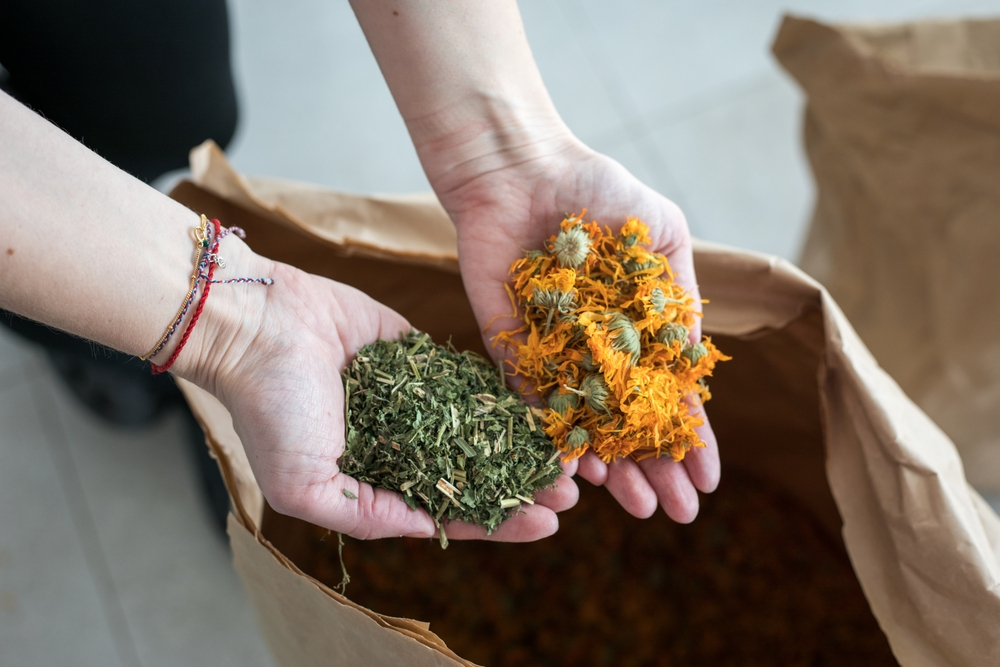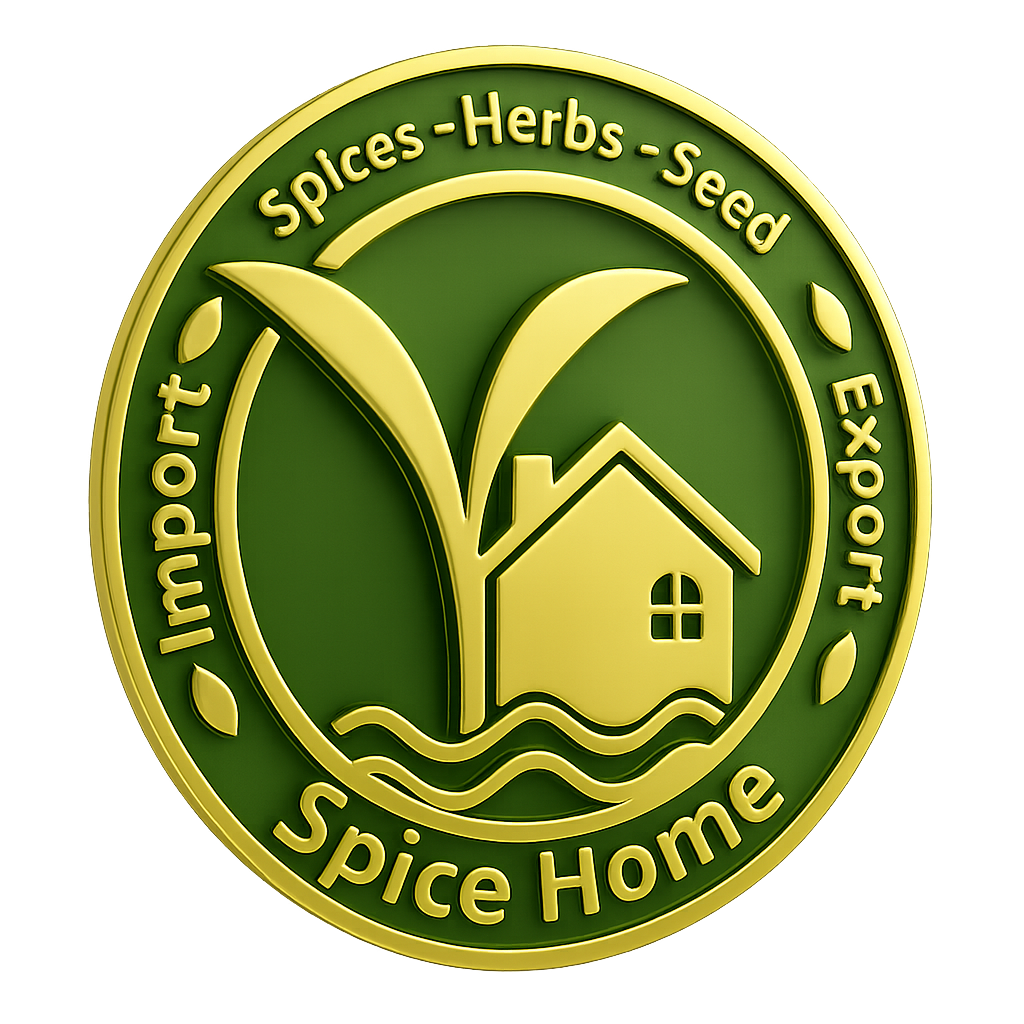The Art and Science of Processing Herbs
Herbs have been integral to human culture for millennia, revered for their medicinal, culinary, and aromatic properties. Processing herbs, whether for culinary delights, therapeutic concoctions, or aromatic infusions, is an art that blends tradition with modern techniques. In this essay, we delve into the multifaceted world of processing herbs, exploring the methods, tools, and cultural significance that shape this timeless practice.

Cultural Heritage:
The processing of herbs is deeply rooted in cultural traditions worldwide. Across civilizations, herbs have been valued not only for their practical uses but also for their spiritual and symbolic significance. Ancient societies like the Egyptians, Greeks, and Chinese meticulously processed herbs for medicinal purposes, incorporating them into remedies and rituals. In medieval Europe, herbalism flourished, with monasteries serving as hubs for herb cultivation and processing. Today, indigenous cultures around the globe continue to honor traditional methods of harvesting and processing herbs, preserving ancient knowledge passed down through generations.
Methods of Processing:
Processing herbs involves a range of methods tailored to the specific needs of each herb and its intended use. Harvesting is the first step, with timing crucial to capturing herbs at their peak potency. After harvesting, herbs may undergo various processing techniques, including drying, grinding, extracting, and distilling.

Drying is perhaps the most common method, preserving herbs by removing moisture to prevent spoilage while retaining their flavor and medicinal properties. Air drying, oven drying, and dehydrator drying are among the techniques employed, each offering distinct advantages depending on the herb and environmental conditions.
Grinding herbs into powders or pastes enhances their versatility, allowing for easy incorporation into culinary dishes, medicinal preparations, and cosmetic products. Grinding also releases the essential oils contained within herbs, intensifying their aroma and flavor.
Extracting involves steeping herbs in a liquid solvent, such as water, alcohol, or oil, to draw out their soluble compounds. This method is widely used in herbal medicine and culinary applications, yielding potent tinctures, infusions, and extracts prized for their therapeutic and flavor-enhancing properties.
Distillation is another form of processing, particularly for aromatic herbs like lavender, rosemary, and peppermint. Steam distillation extracts the essential oils from these herbs, producing highly concentrated essences used in perfumery, aromatherapy, and natural remedies.
Tools of the Trade: The processing of herbs is facilitated by an array of tools and equipment designed to streamline each stage of the process. Traditional implements like mortar and pestle remain invaluable for grinding herbs by hand, imparting a sense of connection to ancient practices. Modern innovations such as herb grinders, dehydrators, and distillation apparatuses offer efficiency and precision, enabling large-scale processing without compromising quality.
Cultural Significance:
Beyond their practical applications, the processing of herbs holds profound cultural significance, reflecting humanity’s relationship with the natural world. In many cultures, the gathering and processing of herbs are imbued with ritual and reverence, honoring the earth’s bounty and acknowledging the interconnectedness of all living beings. From the tea ceremonies of Japan to the herbal medicine traditions of Ayurveda and Traditional Chinese Medicine, herbs serve as conduits for healing, nourishment, and spiritual enrichment.
Conclusion:
In the tapestry of human history, the processing of herbs emerges as a timeless practice, bridging past and present, tradition and innovation. Whether employed for culinary delights, medicinal remedies, or aromatic pleasures, herbs continue to captivate and inspire, inviting us to deepen our connection with nature and the wisdom of ages past. As we embrace both the ancient traditions and modern advancements in herb processing, we honor not only the plants themselves but also the rich tapestry of human culture woven through their cultivation and utilization.


